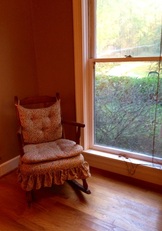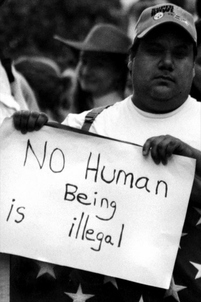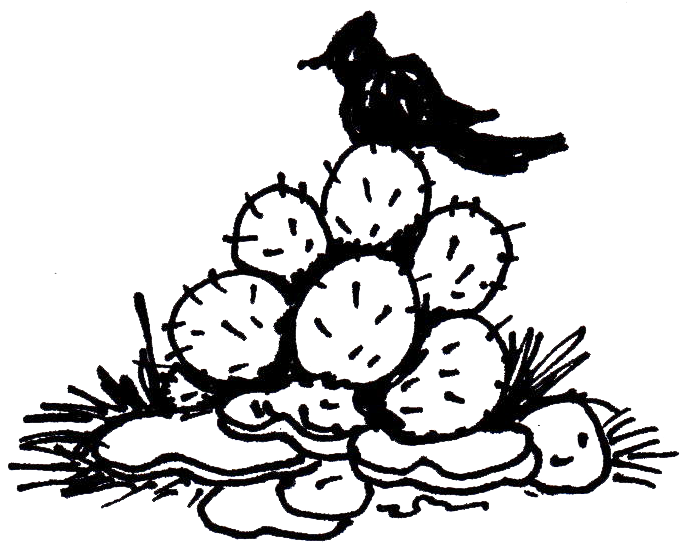 In My Little Corner
In My Little Corner On the other hand, I wonder about some of my friends.
I enjoy hearing other peoples’ unique take on the things that are of concern to me, but I’m beginning to despair. And some of my friends appear to be schizophrenic, posting one thing one day and something that is directly opposite a day later. I try to be open-minded, but I don’t think you can stand on both sides of an important issue.
A recent Facebook post caused a stabbing sensation to my heart. It was a meme that blames everything wrong in America on immigrants and the poor. Wow. So many things wrong in one easy meme. My gut response was to rip that man to shreds.
I like to think I can express myself in a clear manner and without violence, so I formulated a response based on facts. I went back to the meme again. Had he really posted that? Had I misunderstood? Maybe it was a joke? I went back to writing my rebuttal and then I looked at it again. It was killing me that others were agreeing with him. Not one person suggested he take a breath and think about the utter stupidity of his post and the hurt this kind of narrow, non-fact-based thinking causes.
You know the way we run our tongue over a sore tooth to see if it still hurts? I kept going back to that post the same way and yes, it was still painful as hell.
What I wrote was thoughtful and fact-filled. I knew I was right. I knew it! Then I remembered something my mother used to say: “Beth, do you want to be right or do you want to be happy?” It’s aggravating to quote her. She was the “old” woman I thought would never get it. Then I grew up and her intelligence astounded me. Even more aggravating is that she’s been gone 40 years and I still hear her.
In the interest of my happiness as well as my friend’s, I set aside my snarky, brilliantly-constructed rebuttal to his misleading and hateful meme. I opened up a file on my computer entitled “Beth’s Writing.” I took a deep breath and clicked on a novel that’s under construction. Within minutes, I disappeared into the pages and pages of words.
How do you keep it together, my friends? If you don’t write worlds of your own making, how do you do it? You must be stronger, smarter, and more courageous than I am. I wimp out and go to my own universe when this one becomes too much.
Years ago, I saw a television production of Rogers and Hammerstein’s “Cinderella.” Julie Andrews, the star, sang a song that I felt in my core, even though I was a small child. “In my own little corner, in my own little chair, I can be whatever I want to be.” If I had a theme song, that would be it.
In my little corner, I orchestrate everything. Nobody lives unless I want them to. And everyone does as I say. I’m fully aware that in real life bad people sometimes don’t get caught or if caught, they don’t get what’s coming to them. Sometimes good people don’t get what they deserve, either.
In my personal experience, real life is too real. People die who shouldn’t and people live who have no right. Good people get sick while bad ones are healthy. Our children die, even babies die—and sometimes horribly. I have to quit making this list before I jump back into the pages of a novel.
Sometimes I need to go away to a place where I can run and dance and fight for justice. I can kick ass, take a kayak on the river, watch shadows play on Cimarron Mountain, or fly to Chihuahua with a handsome man.
My favorite escape is into the beauty and grandeur that is West Texas. Instead of focusing on the insanity and horror of what we insist on calling the real world, I fly away. And anyhow, what is more real than the timeless scenery of Big Bend National Park? It was here millions of years before humans came and will be here long after we’re gone.
I can’t change the minds of people who want to reduce our country’s complicated problems to misleading memes. Spewing facts at them doesn’t work. Being angry doesn’t work. So I come at it another way, by telling stories. Maybe the most I accomplish is to take them away for a little while, but what is wrong with that? I want people to have hope. Isn’t that what this world needs more than anything?




 RSS Feed
RSS Feed


